Refugee consciousness lived on the borders of Europe
To speak of Afghan refugees is to become aware of a subject that has now taken on a feeling of normality within our social system. Indeed, in today’s society, it can be said that a veritable class, made up of people who have lost everything in their country of origin and are living rough on the borders with Europe, has been created and is constantly maintained by an actual criminal organisation. Everyone knows, but no one seems to do anything. On the contrary, perhaps the institutions themselves are part of this process. The same law enforcement agencies in the countries where refugees find refuge; the same European institutions sit around the table in Brussels and try to take as much advantage as possible of the ongoing migration crisis. The problem, however, is that this crisis affects real people trying to find a better future by fleeing their home countries destroyed by religious fundamentalism.
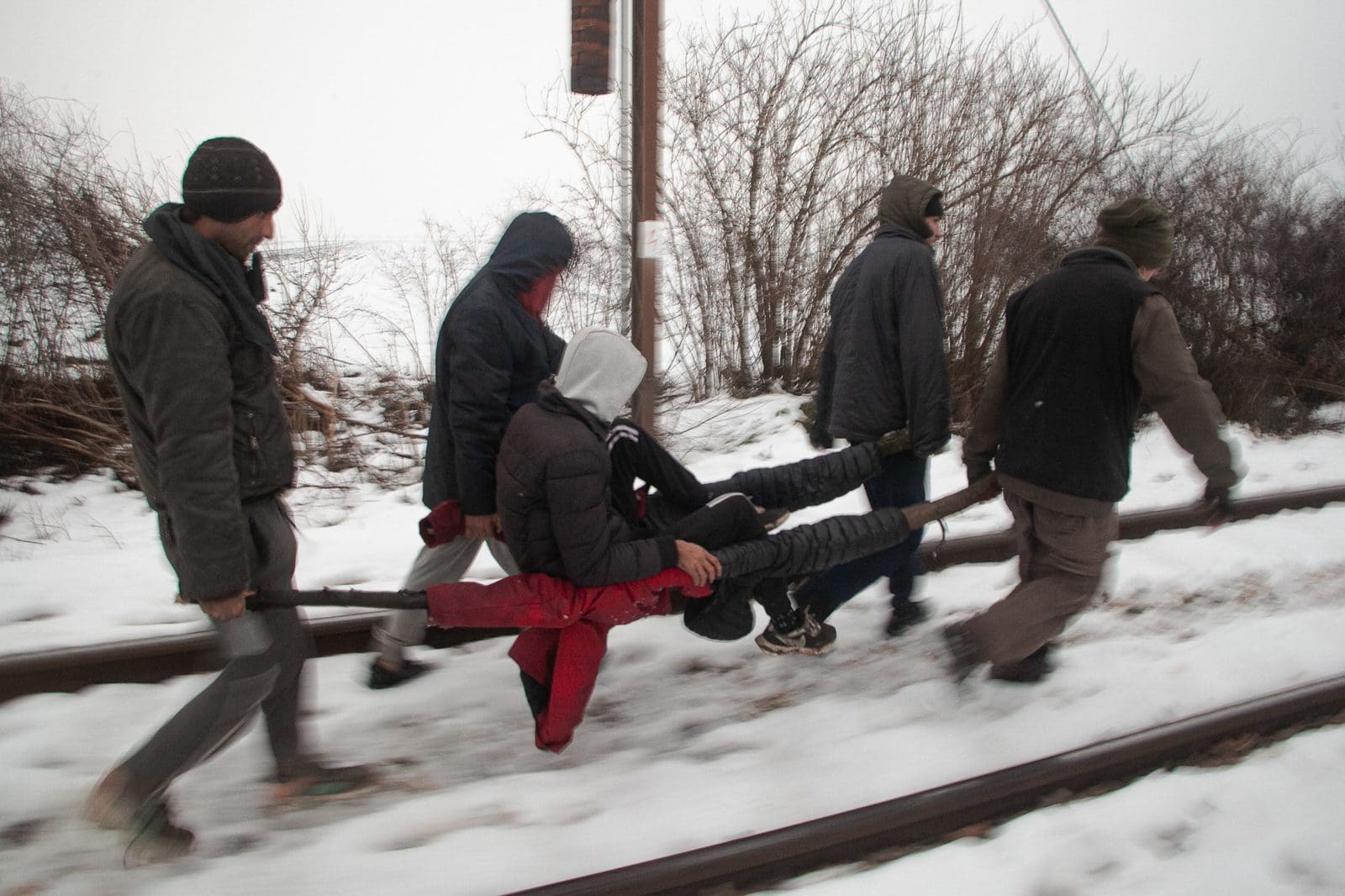
The Balkan route
The Balkan route is the primary inflow route to Europe for Afghan refugees. In this Middle Eastern country, the ruling Taliban make good living impossible. Everything is filtered, in Afghanistan, through a dictatorship based on religion, which does not only apply in Kabul. During my stay in Serbia, through the NGO No Name Kitchen, I also came into contact with people from Iran and Pakistan. In these countries, religion is a pretext for the state to dictate an unquestionable dogma. Mortesa, a young man of about thirty-five, is one of those people. Talking to him, I could better understand how the government itself in Iran is an advocate of the economic maintenance of Islamic guerrilla forces, such as Hezbollah or the Taliban themselves.
Why did you have to flee? …to be free!
This is not to be confused with the actions of ISIS. ‘Isis wants to conquer other states,’ Mortesa tells me, while the Taliban ‘want total sovereignty within their own country. So I had to flee with my father from Iran – where there is still no Taliban – and leave my mother and sister behind. “Why did you have to flee?” I ask him, sitting at a bar in Sremska Mitrovica, Serbia, after taking him and his father to a dental check-up paid for by the Spanish NGO I am collaborating. Thanks to the No Name Kitchen Association, Mortesa’s father had proper treatment for the reconstruction of his dental system, which was destroyed by the beatings he received from the Croatian police during his attempt to cross the border from Serbia.
“My father served my country as a military man. During the 2009 protests against the government headed by Mahmud Ahmadinejad, he was violently imprisoned for protesting his grievances against power. In Iran today, institutions still maintain strength through fear. So we had to flee to be free, to be able to live as we please. We fled, I repeat, because otherwise, it would not have been possible for us to leave our country’. And it is precisely this sentiment that shines through in the words of the refugees I met: a desire for personal freedom prevented by the government in power.
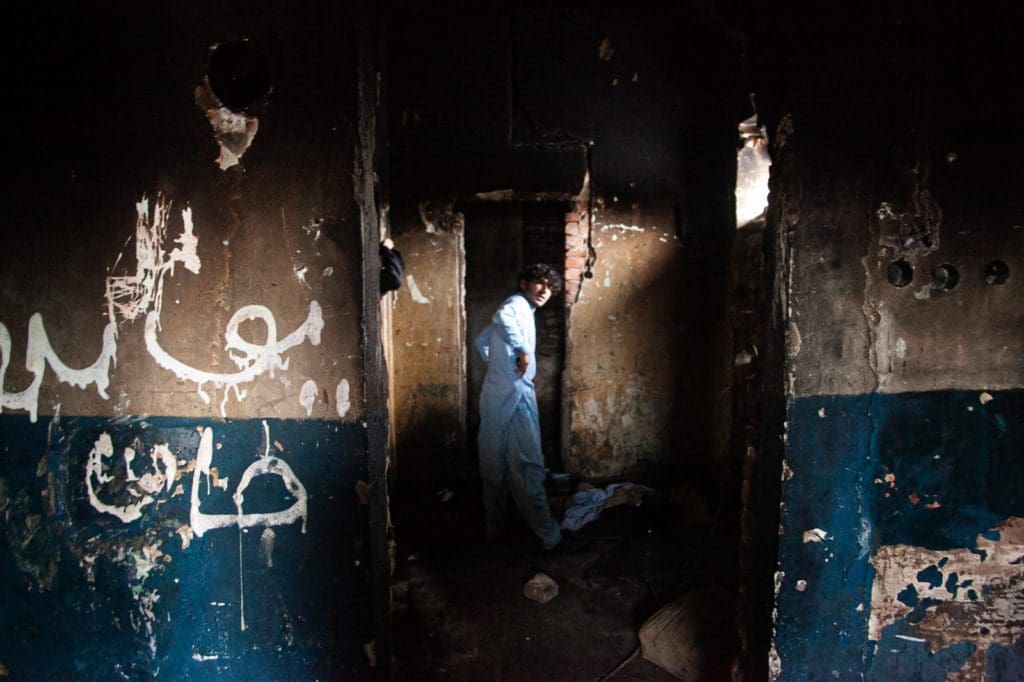
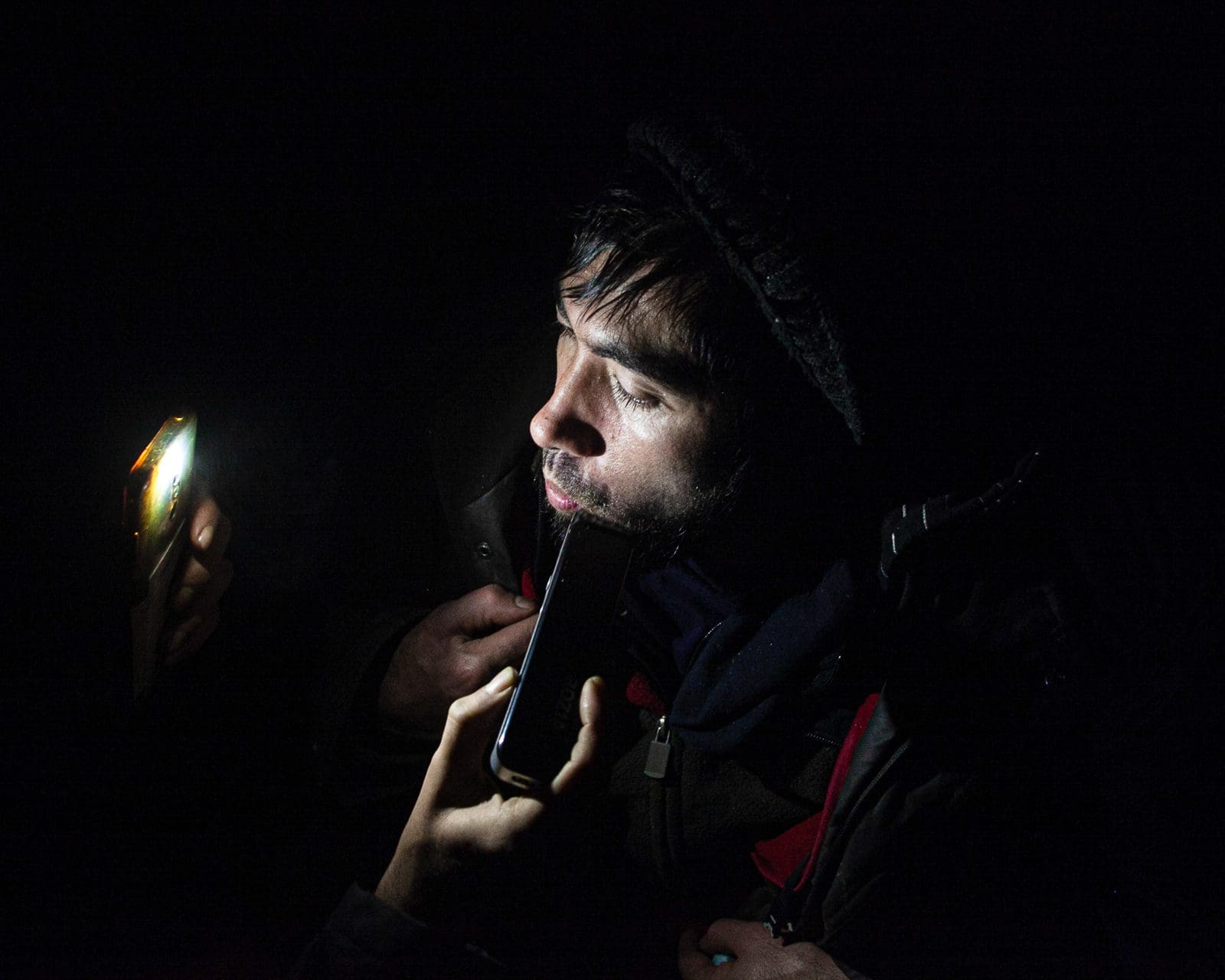
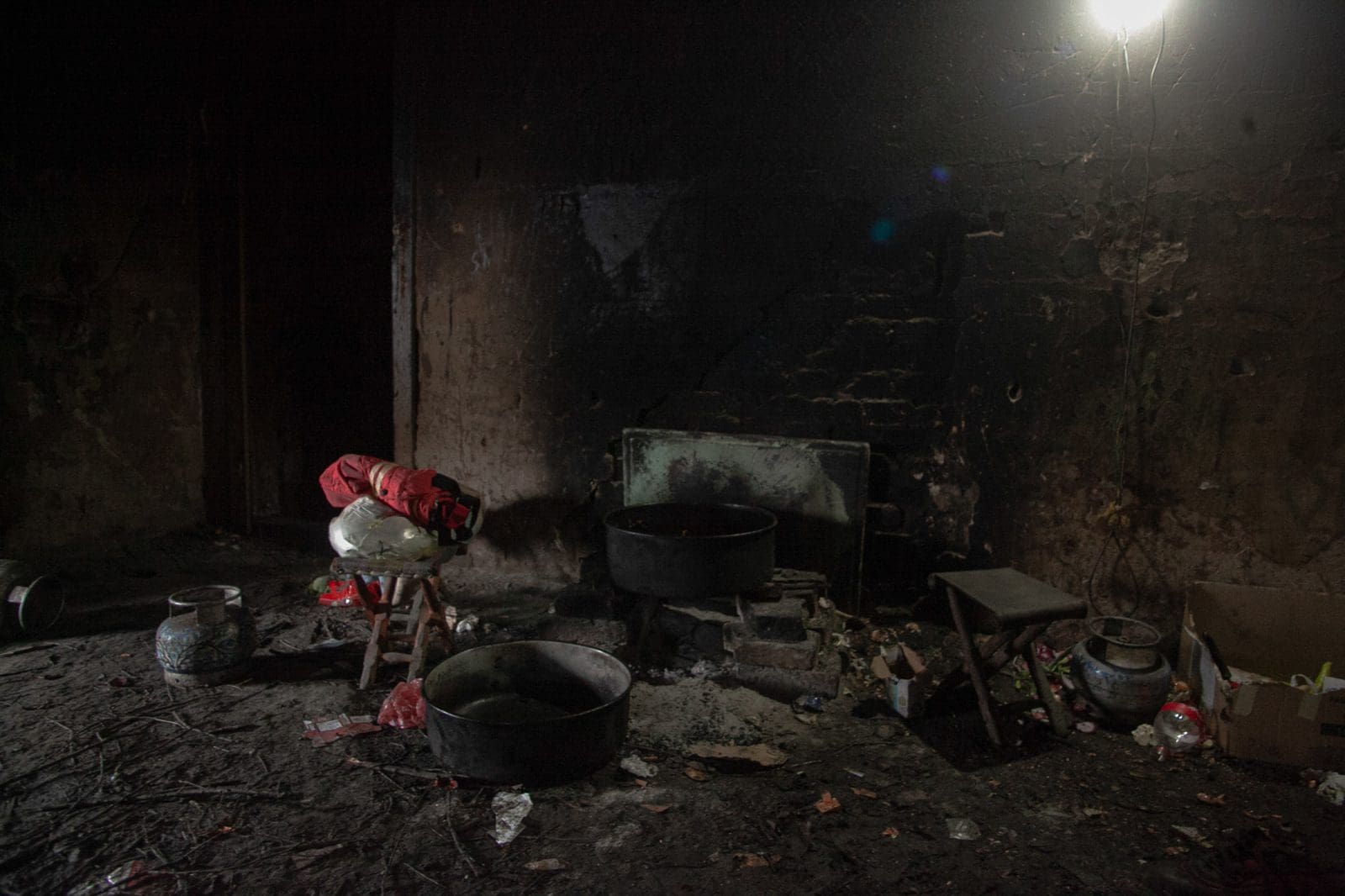
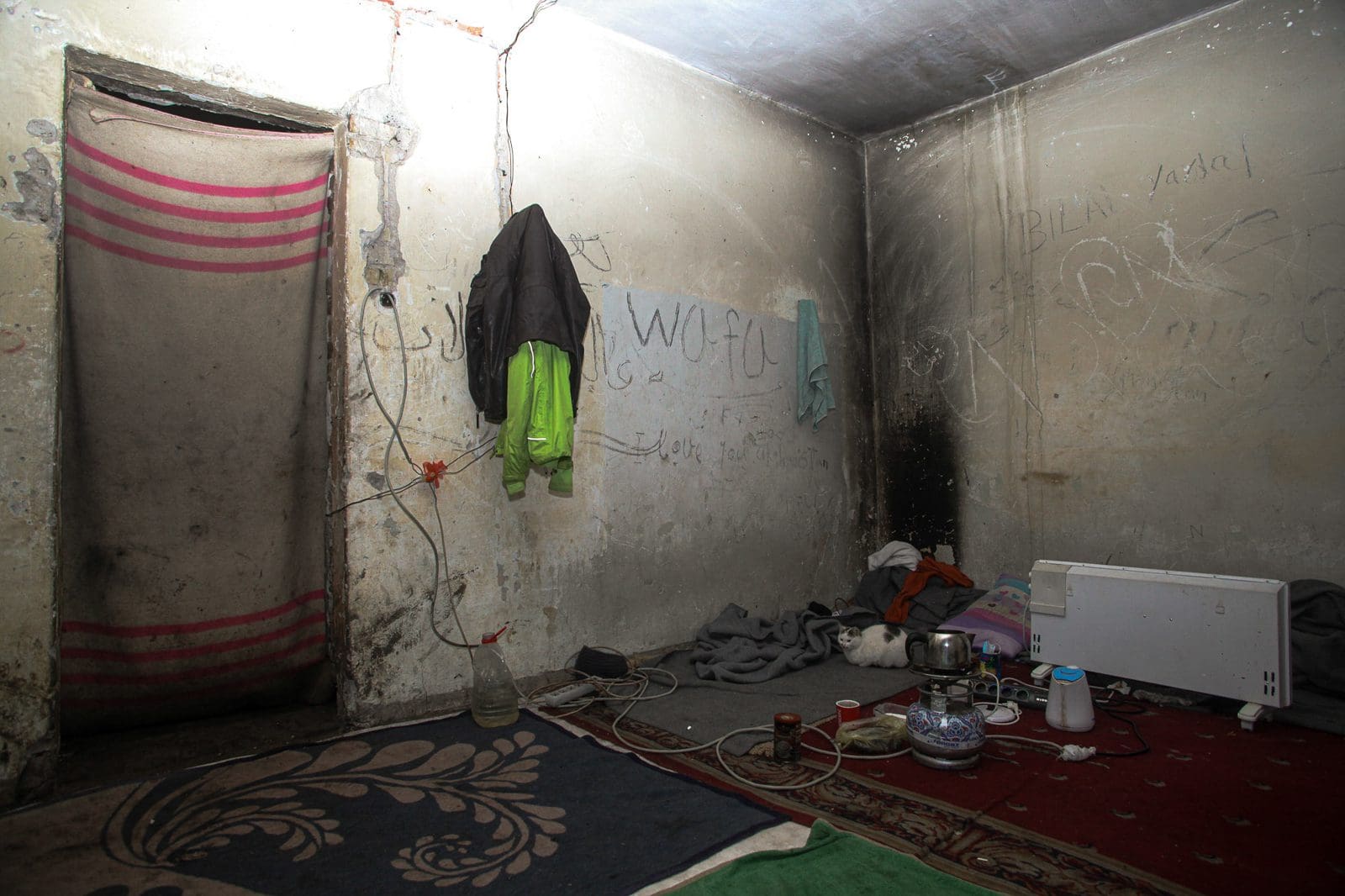
A total abandonment
We are talking about young people aged fifteen to thirty-five. Their almost carefree behaviour, despite the living conditions imposed by the war, triggered in me a feeling of resignation about their situation, which the refugees themselves know they cannot solve. We are talking about people who, despite living in hovels at the mercy of disease, or in makeshift camps in the bush beside the railway, in the cold, in tents and without proper footwear, are still capable of maintaining a dignity that I was unable to find in the society that is alien to these events. Without legal routes, these refugees use an organisation run by human traffickers to reach the Schengen area to obtain political refugee status. In Serbia – especially around the town of Šid – the refugees station themselves in pre-arranged camps and, on their way to the border, communicate via smartphones via chat rooms. They organise themselves independently and stay in the exact centre briefly. These are young people, coordinated by older people who remain at various points longer to control the migration process—an actual affiliation of migrants with the goal of a better future for the youngest.
If not for the NGOs working with refugees, these people would be left to their devices. Although the institutions know their existence and situation, no one is concerned about their survival. If NGOs did not distribute clothes, care and food to them, these people would not stop heading towards Europe anyway, risking to die, literally, in the shadows. They are individuals forced into total abandonment. They live daily, not knowing if the person they have at their side, from their own country, is a friend or if he will abandon them at the first opportunity. They are completely alone. Too often, NGOs seem to be the only semblance of humanity they can receive.
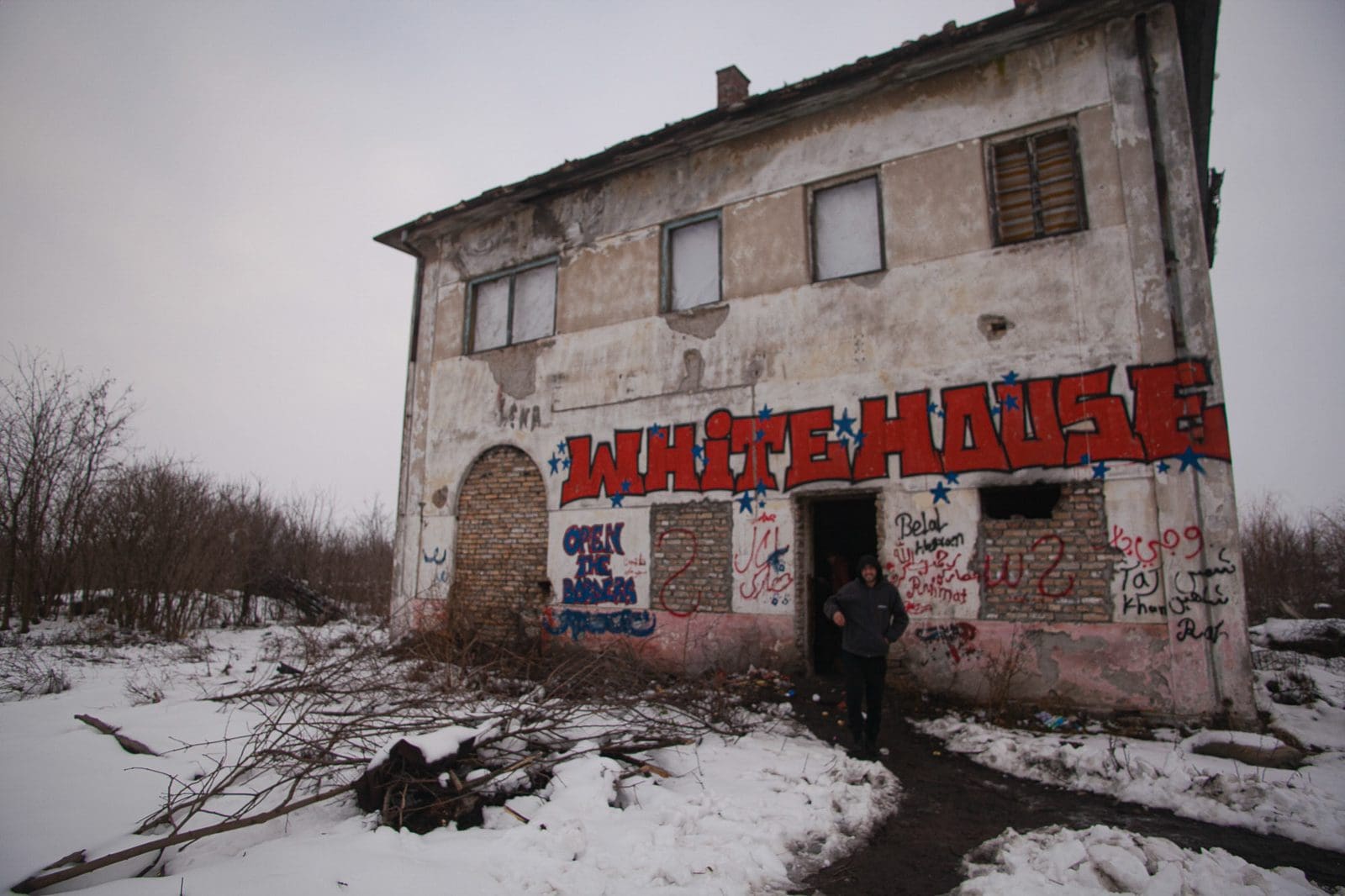
Dreaming of a better future
We are talking about living conditions alien to the social progress achieved in the West. People fleeing Afghanistan dream of a future that would otherwise be impossible in their own country, a need that anyone can easily understand. According to some points of view, we are witnessing a real cultural exodus threatening to undermine European traditions. But a seventeen-year-old refugee living in a tent in the middle of a bush in Serbia has no desire except for a better future. He has no idea whatsoever about his destiny. And it is easy to understand how his parents in Afghanistan can do nothing but force him to flee. Suppose European institutions do not become aware of this and open their culture to diversity. In that case, we must prepare for inevitable cultural clashes, racial misunderstandings, the birth of even violent subcultures, and the ruin of social coexistence.
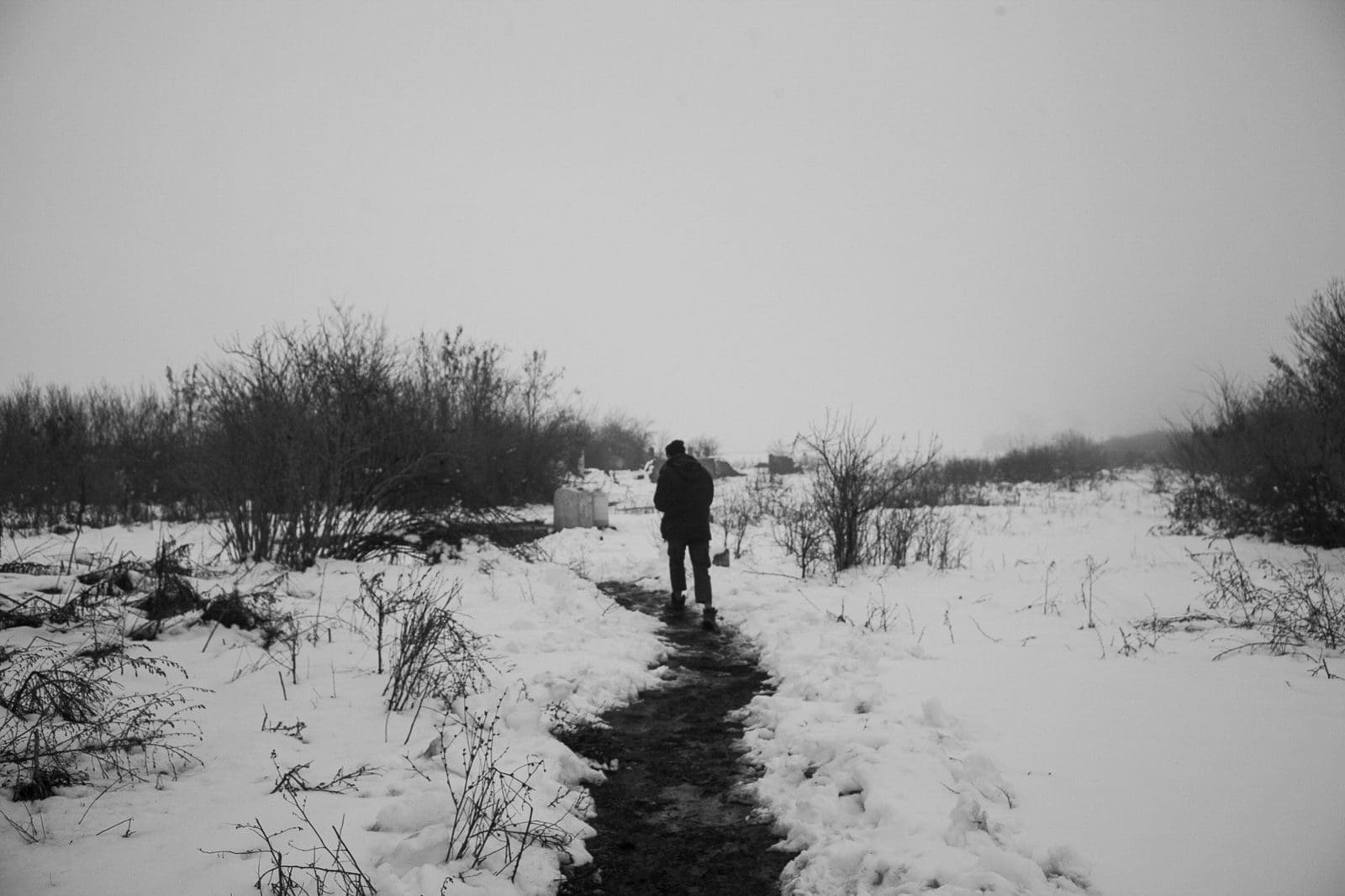

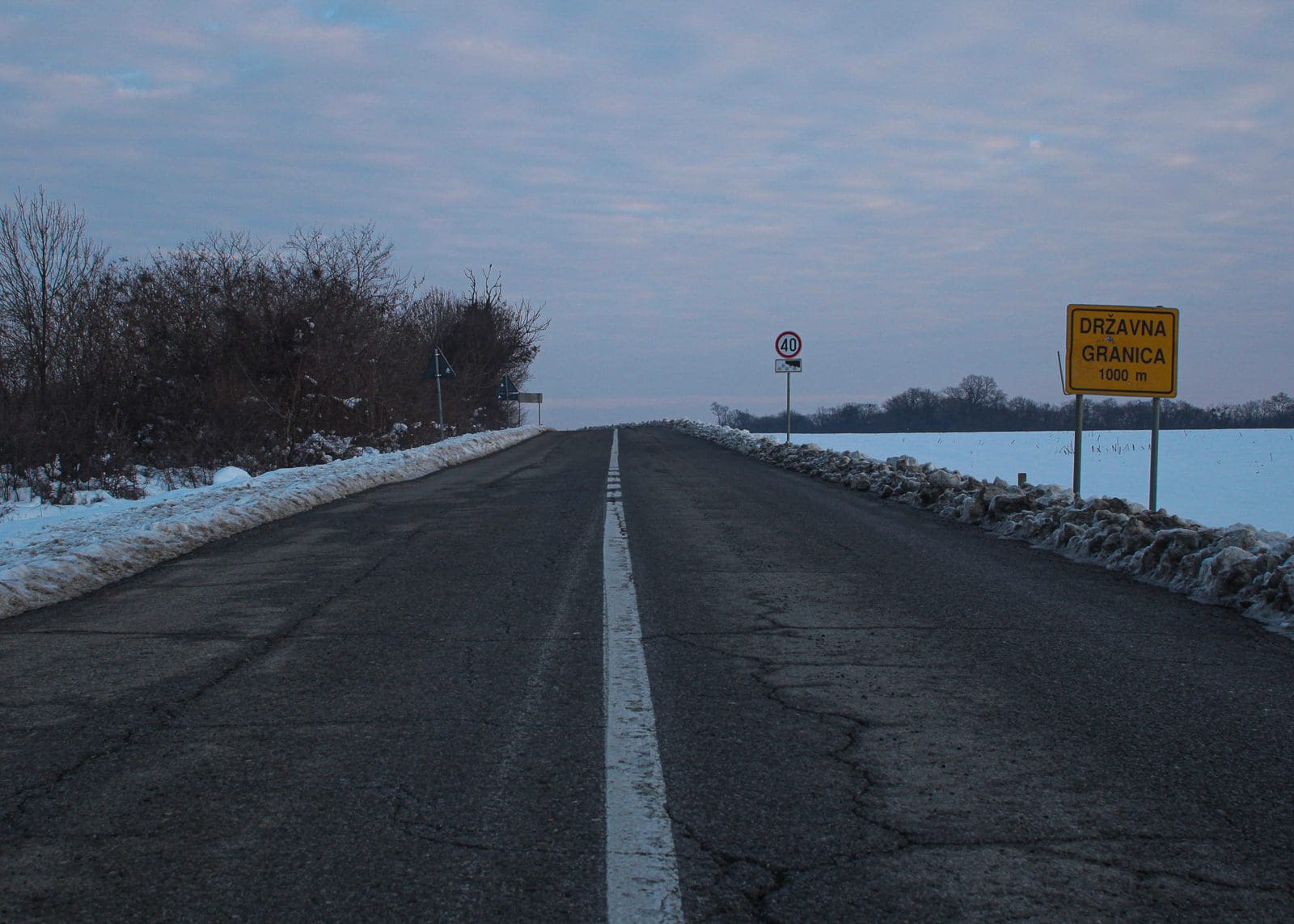
We are all part of a community made up of people, before of cultures
During my stay in Serbia, I tried to understand what goes through the mind of a young refugee who flees his country, leaving his family behind, to live in a tent in the middle of the forest with nothing. Hope. Unconditional. So strong that he does not stop in the face of the violence he receives at the border. These people live for a better future. They have nothing to lose because once they reach the European borders, they cannot return to their home country: the condition they would face would be worse than the ones they experience in the foreign country.
During my stay in Serbia, I always felt part of a community of people before that of cultures. I received hospitality when I was about to distribute food and clothes to them. I could see that respect is something that should not be overlooked. On coming into contact with refugees, I realised there are no differences of any kind if one does not look for them in matters unrelated to human coexistence. I had to abide by their customs, of course, but I also received respect for my own. I had to understand how to behave, respect and listen to their views, religion, and greetings, as is customary when one enters a community other than one’s own.
This consciousness has enriched my personality immensely.

